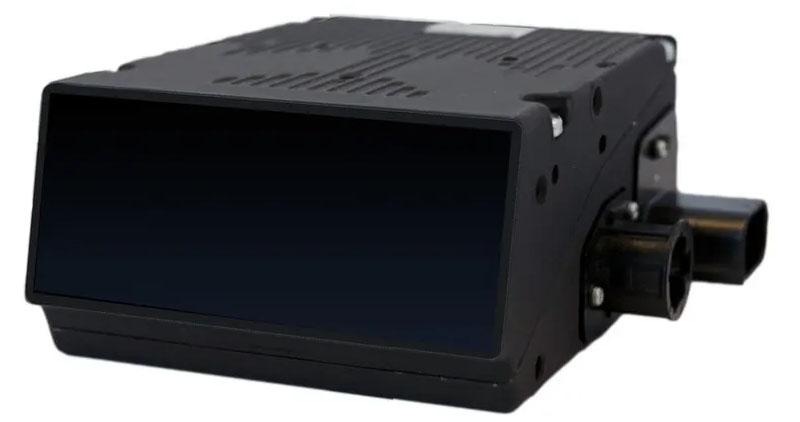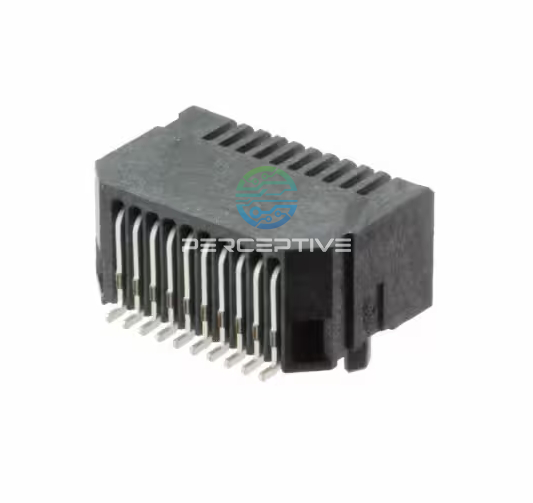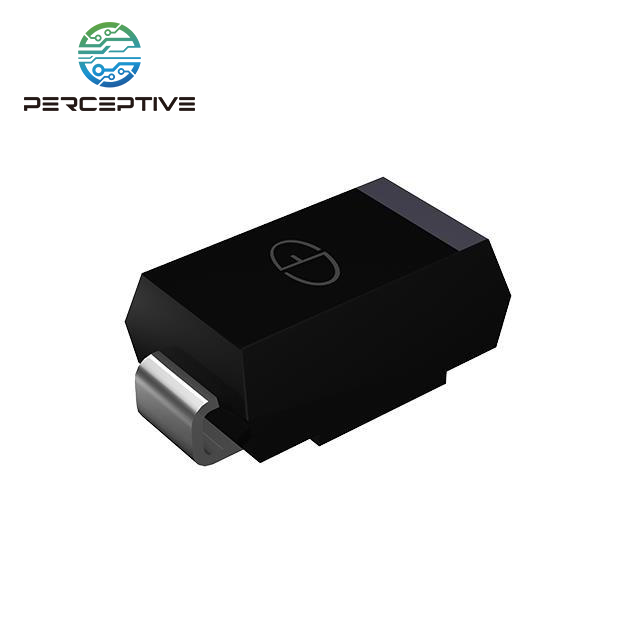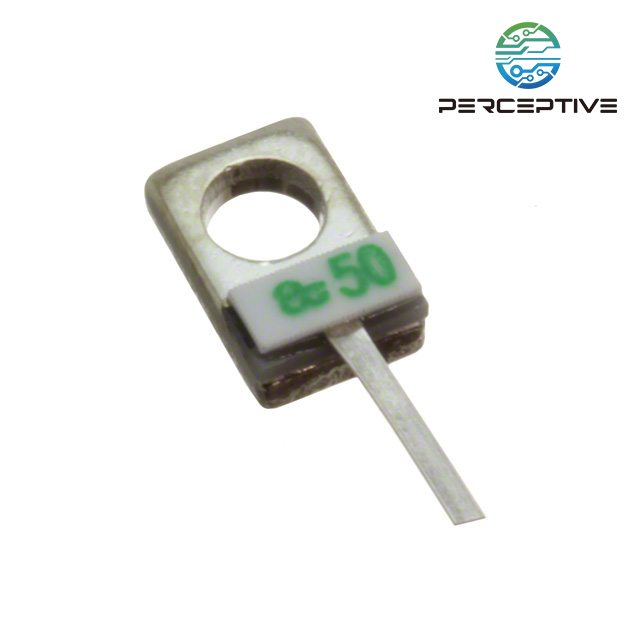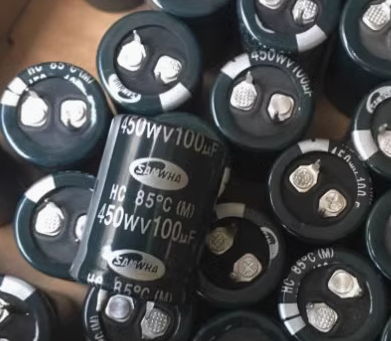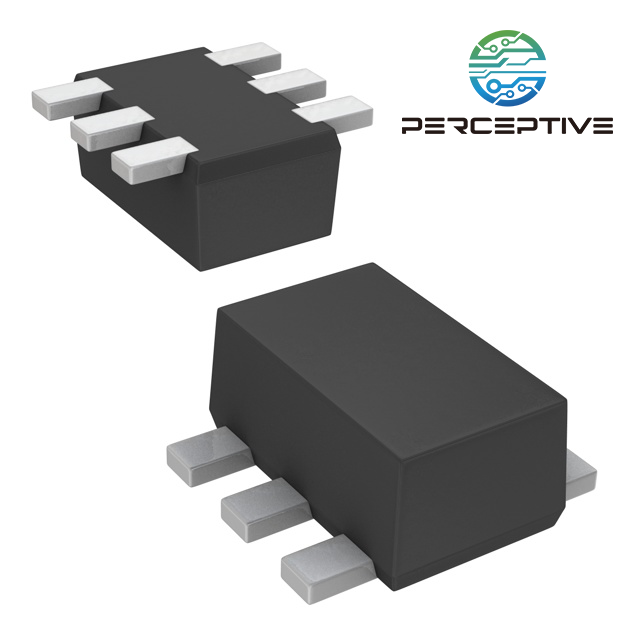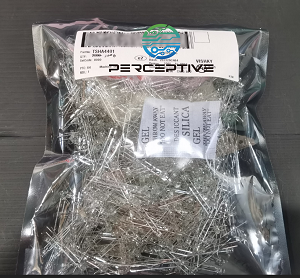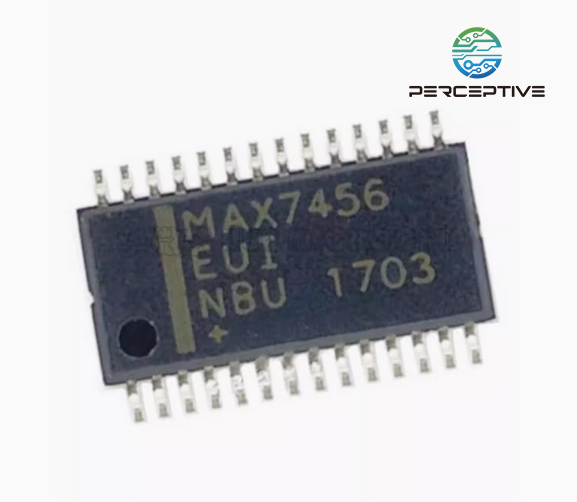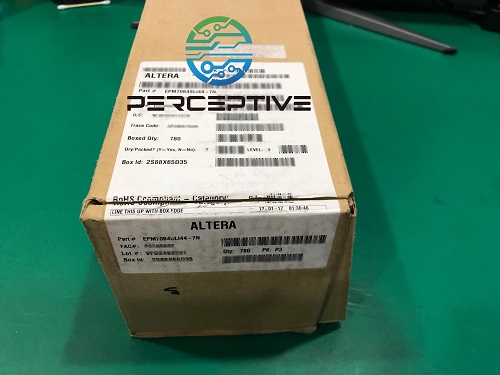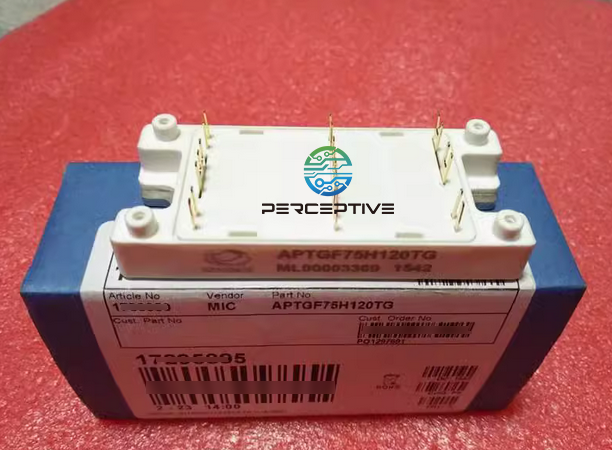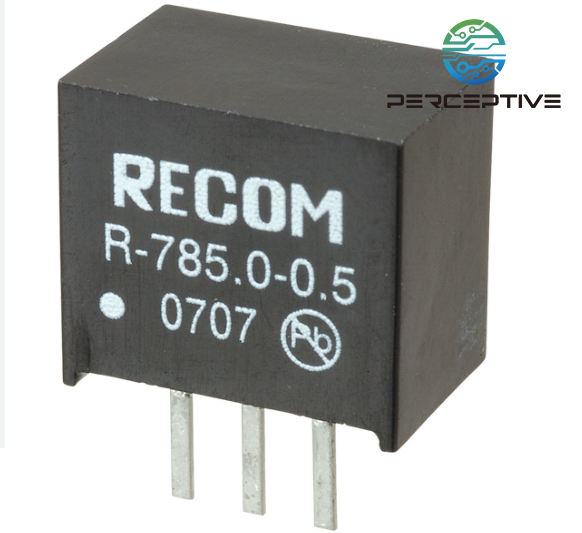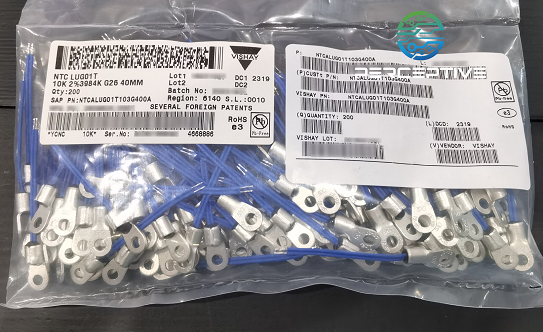· 1·
According to previous reports, the total investment of Samsung Taylor Factory is about 17 billion dollars. Laser radar, as an important sensor technology, emits laser to detect and depict obstacles. Its core value is "reliable and accurate ranging capability". It also has a huge market in the fields of automatic driving, auxiliary driving, mapping, unmanned aerial vehicles, robots, wind speed measurement, various industrial applications, safety detection, etc. After the completion of the wafer factory, advanced manufacturing technology will be used to produce cutting-edge chips such as 5G, high-performance computing and artificial intelligence.
· 2·
According to the report, as the geopolitical risk rises, the procurement strategy of wafer foundry customers has also changed. According to Samsung's Japanese subsidiary, "Japanese customers ask more about BCP (business continuity plan) than before."
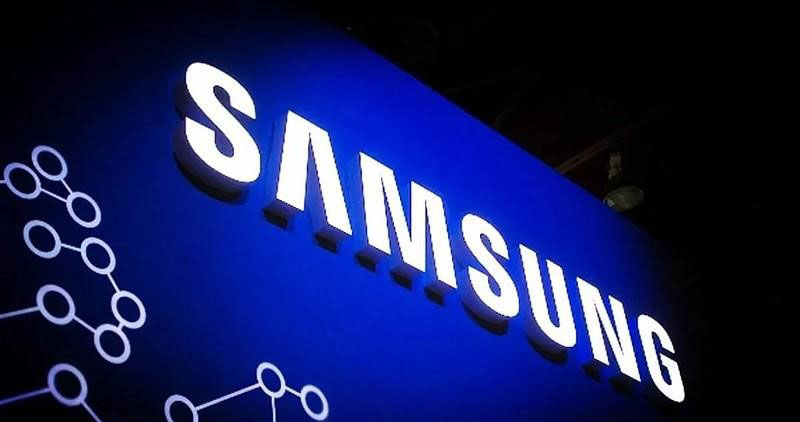
· 3·
Cui Shiying believed that "although the business scale of the Japanese market is not as large as that of the United States and other markets, it is rapidly expanding and growing, which is a very important market. The business of the Japanese market is rapidly expanding in automotive, consumer, IoT and other fields, and we will further attack this market."
· 4·
Samsung Electronics also announced that it plans to expand the multi project wafer (MPW) service in 2023, and the process technology will be expanded to 4nm. The so-called multi project wafer refers to the streaming service of placing multiple integrated circuit designs using the same process on the same wafer. After manufacturing, each design can obtain dozens of chip samples. Can help chip design enterprises reduce the cost of streaming.
· 5·
In addition, Cui Shirong, president of Samsung in charge of wafer foundry business, reiterated at the briefing that Samsung plans to start mass production of 2nm process technology in 2025 and 1.4nm in 2027.
· 6·
The vice president pointed out that Samsung's wafer foundry customers have more than doubled since 2019, and are expected to grow to five times by 2027.
· 7·
According to Samsung's original plan, the plant was originally scheduled to start construction in the first half of this year and start operation in 2024, but the commencement and foundation laying ceremony has been postponed from the first half of this year to now, and may even be further postponed to 2024.
· 8·
According to the Korean media THELEC, Samsung's previously announced spending plan for a new wafer factory in Taylor, Texas, may be delayed due to the downturn in the global semiconductor chip market.
